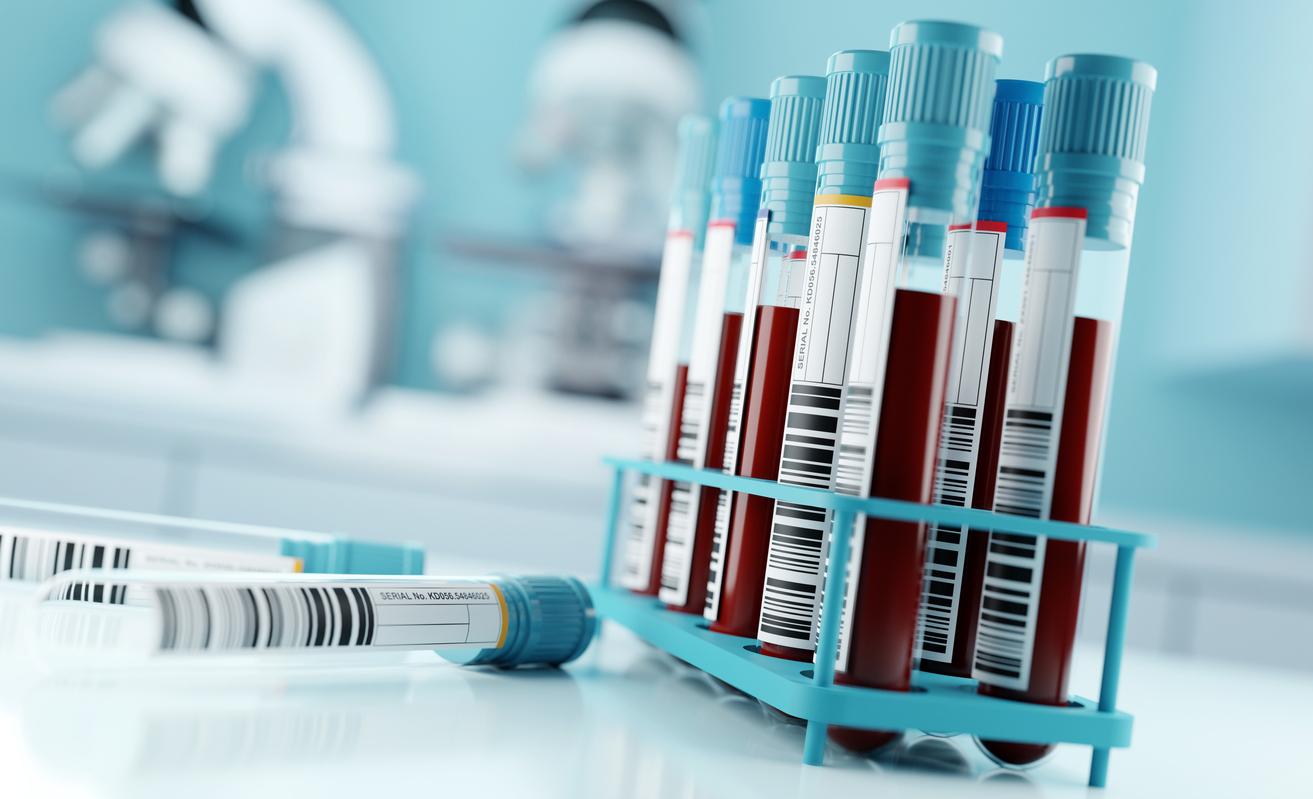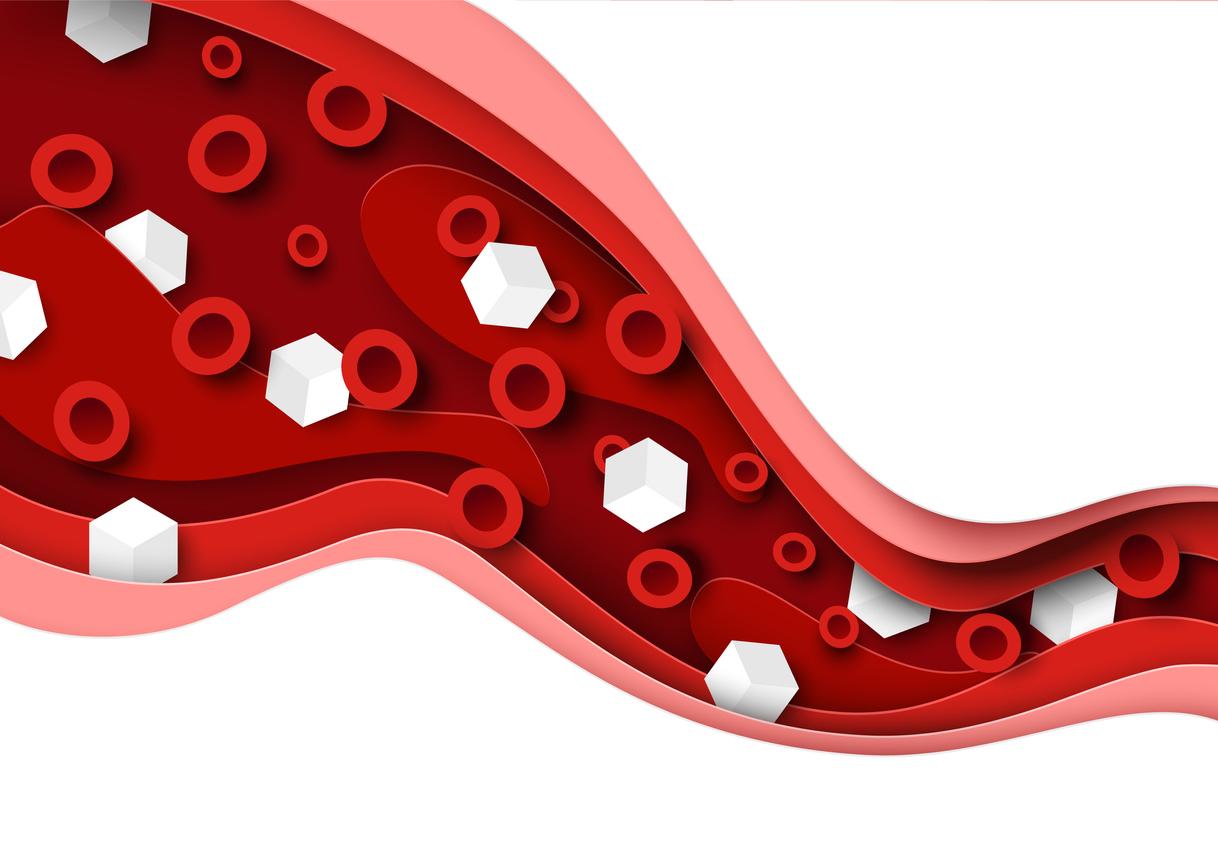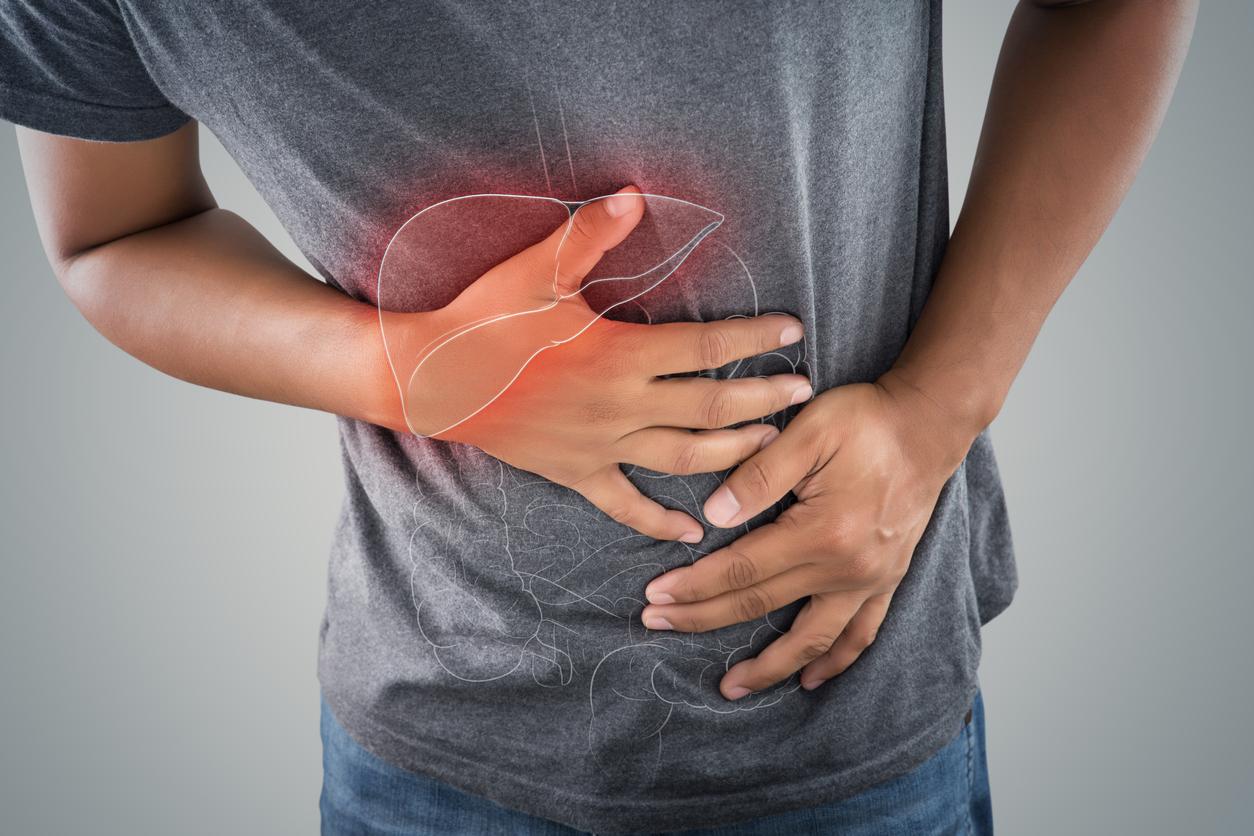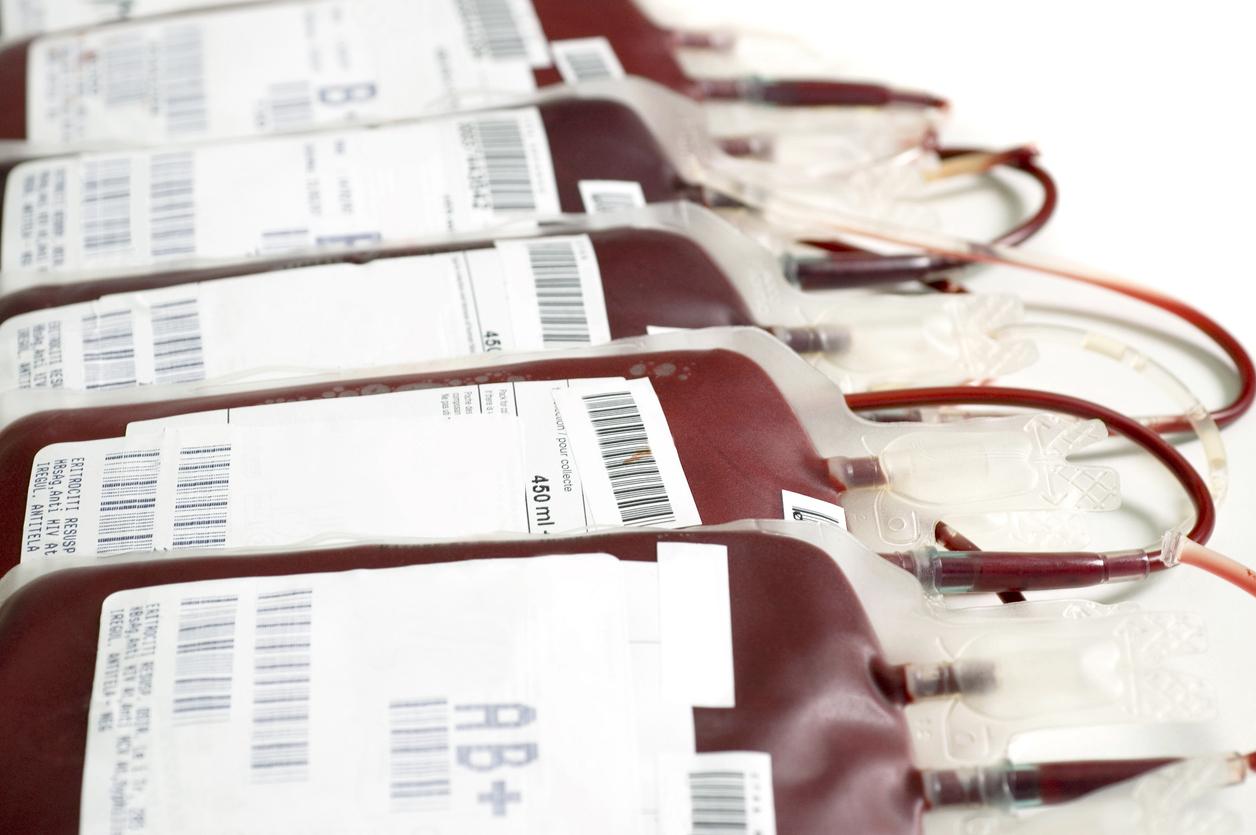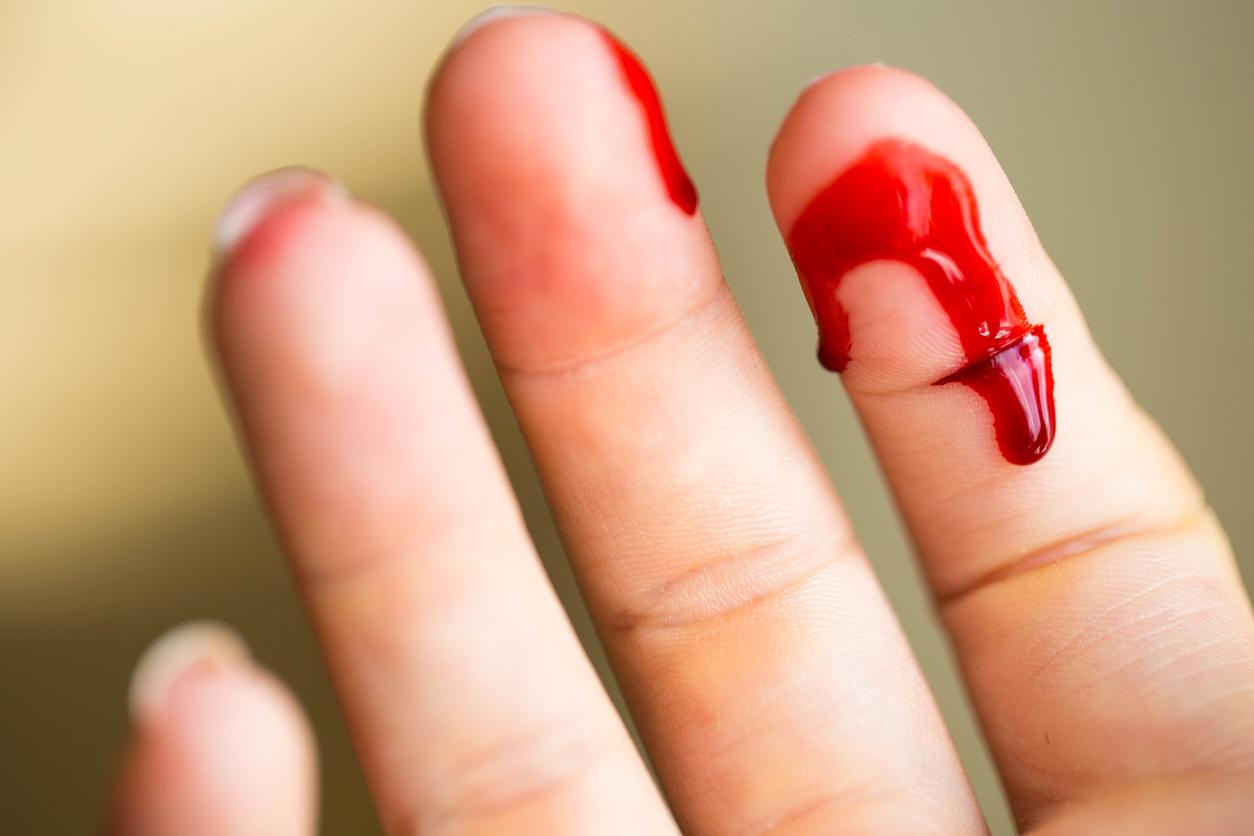The new site www.dondesangdecordon.fr answers questions parents may have about cord blood donation. The Biomedicine Agency explains in particular what cord blood donation is, and provides information on its therapeutic virtues, or on the compatibility between donors and recipients and explains how to become donors and in what legal framework.
What is cord blood?
Cord blood, also called placental blood, is blood that is present in the placenta and in the umbilical cord. It is essential from a medical point of view because it contains hematopoietic stem cells, which throughout our life produce all the cells present in the blood:
- red blood cells which carry oxygen;
- white blood cells that fight infections;
- platelets that stop bleeding.
Hematopoietic stem cells are also found in the bone marrow: www.dondemoelleosseuse.fr
Donating cord blood therefore means giving a patient the possibility of making “new blood” and in certain cases, of being cured.










